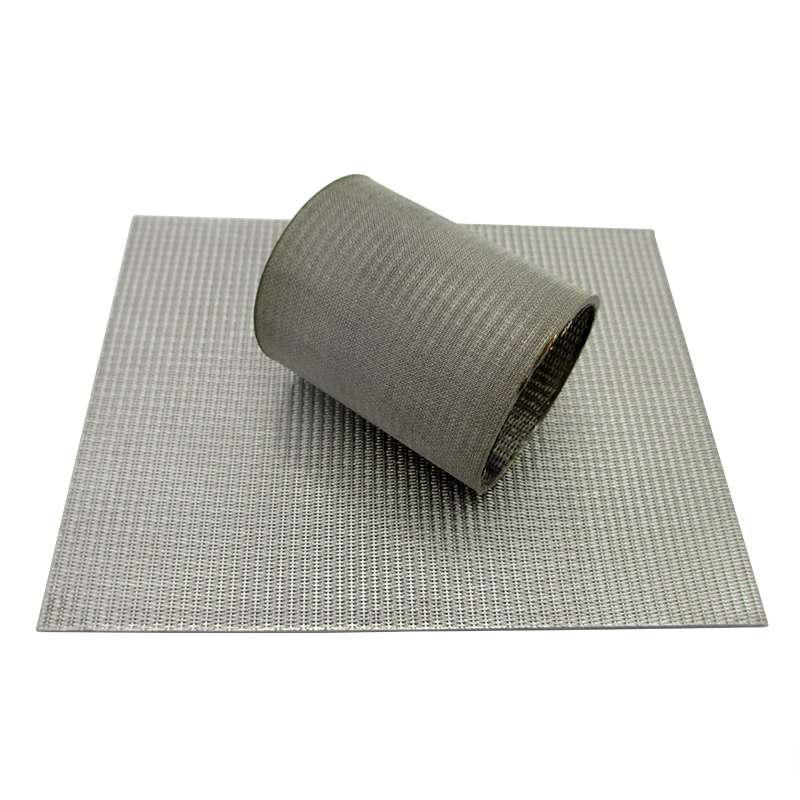With the production process of various industrial furnaces, high-temperature flue gas pollution occurs. For high temperature flue gas treatment at temperatures above 300° C, the high temperature flue gas is substantially cooled to a suitable temperature. During the processing, the effect of treatment is limited by many factors, which significantly increases the cost of treatment. Sintered mesh has high filtration efficiency, good cleaning and regeneration effect, and the filtration wind speed can be increased by 3 to 5 times than ordinary chemical fiber filtration materials. It plays an increasingly important role in high temperature industries.
The
sintered mesh can continuously maintain the filtering effect of the filter, and has the characteristics of three-dimensional network, porous structure, high porosity, large surface area, pore size and uniform distribution. Therefore, the sintered mesh filter overcomes the shortcomings of metal meshes such as easy clogging and damage.

After the
stainless steel sintered filter element is used for a period of time, it will become clogged. Let's look at the main sources of blocking.
Impurities generated during processing, such as fragments formed by the hydraulic action of seals, metal powders produced by relative wear and colloids, asphaltenes, carbon residues produced by oxidative deterioration of oils.
Externally enter the hydraulic system, such as dust entering through the filler port and dust ring, mechanical impurities remaining in the hydraulic system after cleaning, such as rust, foundry sand, welding slag, iron filings, paint, paint and cotton yarn debris, etc. After the hydraulic oil, as the sintered mesh filter circulates, it will cause damage everywhere, seriously affecting the normal operation of the hydraulic system, such as destroying the oil film between moving parts and the relative movement of the manufacturing hydraulic components. Small gaps between components and orifices and gaps are stuck or blocked; increase internal leakage, reduce efficiency, scratch the surface of the gap, increase heat, exacerbate the chemical action of the oil, and degrade the oil.
According to production statistics, more than 75% of failures in stainless steel sintered filtration systems are caused by the mixing of impurities in hydraulic oil. Therefore, it is very important for the hydraulic system to keep the oil clean and prevent oil pollution.
The service life of stainless steel sintered filters is inseparable from technological progress. Its service life includes not only basic life but also economic life. The so-called economic life is to analyze the service life of stainless steel sintered filters from an economic perspective. Therefore, users should extend it reasonably. Its service life, whether in terms of technology or environmental protection, the unscientific extension of the service life of stainless steel sintered filters will only lead to a reduction in filtration performance and safety factor. Therefore, it is reasonable to update the stainless steel sintered filter. The system plays a better role in protection.
